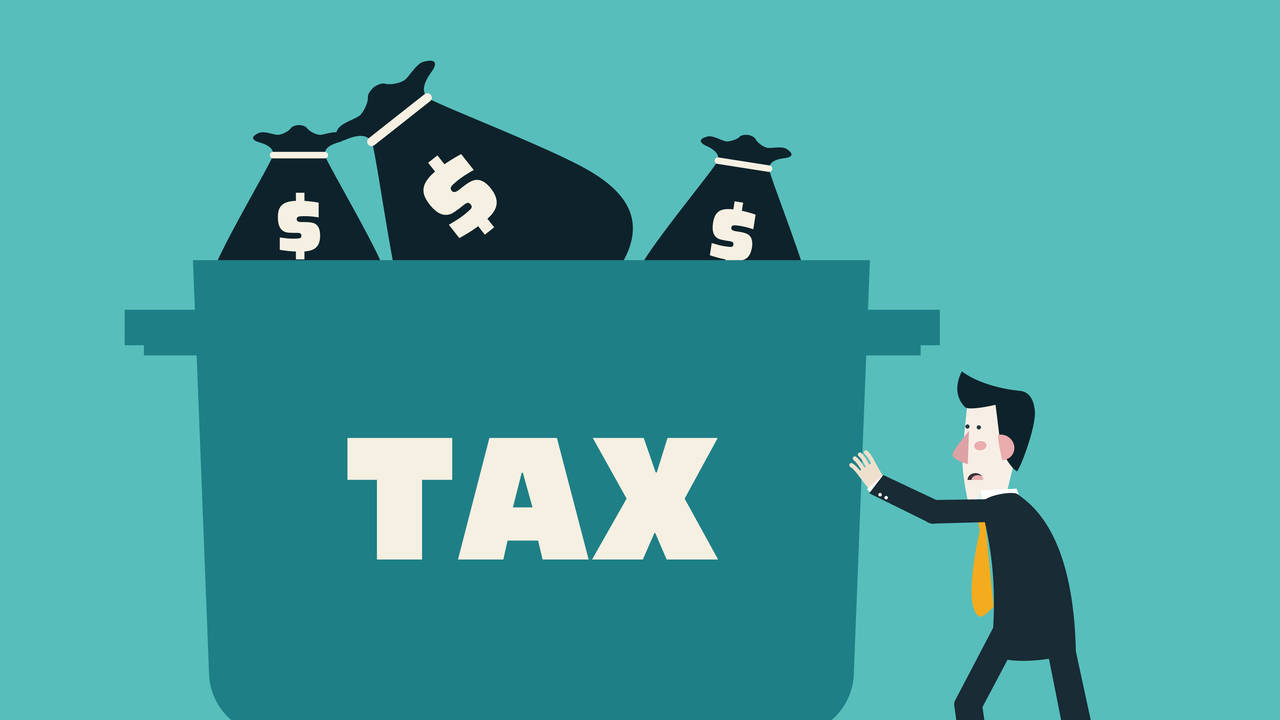Payroll Tax Debt can be a true nightmare for a taxpayer. It can impact both the business of the taxpayer, as well as put their own personal assets at risk. It’s critical to understand these issues when working resolve tax debt related to payroll. When taxpayer’s come into our Richardson TX office with Payroll tax debt, we make special efforts to educate them and work to resolve the tax debt, while minimizing their potential personal exposure. This article is the first in a series of articles related to payroll tax. Today will be an overview of the consequences of Not Timely Making Payroll Tax Deposits timely.
Payroll taxes are becoming a higher priority for the IRS and Department of Justice (DOJ). In 2015, 68.6% of the IRS’s Revenue collection is through payroll withholding. There are two categories of Payroll Taxes.
- Trust Funds are the fiduciary portion withheld from the employee’s pay and includes Federal Income Tax withheld, as well as the employee’s portion of Social Security and Medicare.
- Employer Taxes are the employer’s match of the Social Security and Medicare taxes and Federal Unemployment.
What Happens If Payroll Tax Filings or Deposits are not Made Timely?
First the taxpayer will be hit with penalties for the failure to make timely Payroll Deposits that include the following -
- 2% Penalty if Late but within 5 Days of the due date
- 6% for 5 – 15 days late
- 10% if more than 15 days late
- 15% if the deposit is not made within 10 days after the first delinquency notice.
There is also a penalty for the failure to File Form 941 timely -
- 5% per month for failing to file, up to 25%
Personal and Criminal Liability
We will delve into this topic deeper in a later article but it is important to understand that a “Responsible” person for payroll, can be held personally liable for the “Trust Funds” portion of unpaid payroll taxes. While we’ll dig deeper into who is a “Responsible Person” in a later article, it can include shareholders, officers and accountants, depending on their functional role.
Non-payment of payroll taxes can become a criminal offense prosecuted by the Department of Justice. While this is not common, IRC Section 7202 makes it a felony for the willful failure to collect, account for and pay over employment taxes. These are typically cases where there was a willful intent to avoid paying the taxes and the responsible party benefited from the failure to do so. The IRS has had over a 90% conviction rate in these cases.
Stay Tuned Over the Next Few Weeks as we Continue to Cover this Topic!
Do You Need Help?
If you need help with IRS problems related to payroll tax issues or any other IRS Collection issue, I’d be happy to talk with you. Please give me a call at (972) 821-1991 or email me at bob@jablonskyandassociates.


Comments(0)